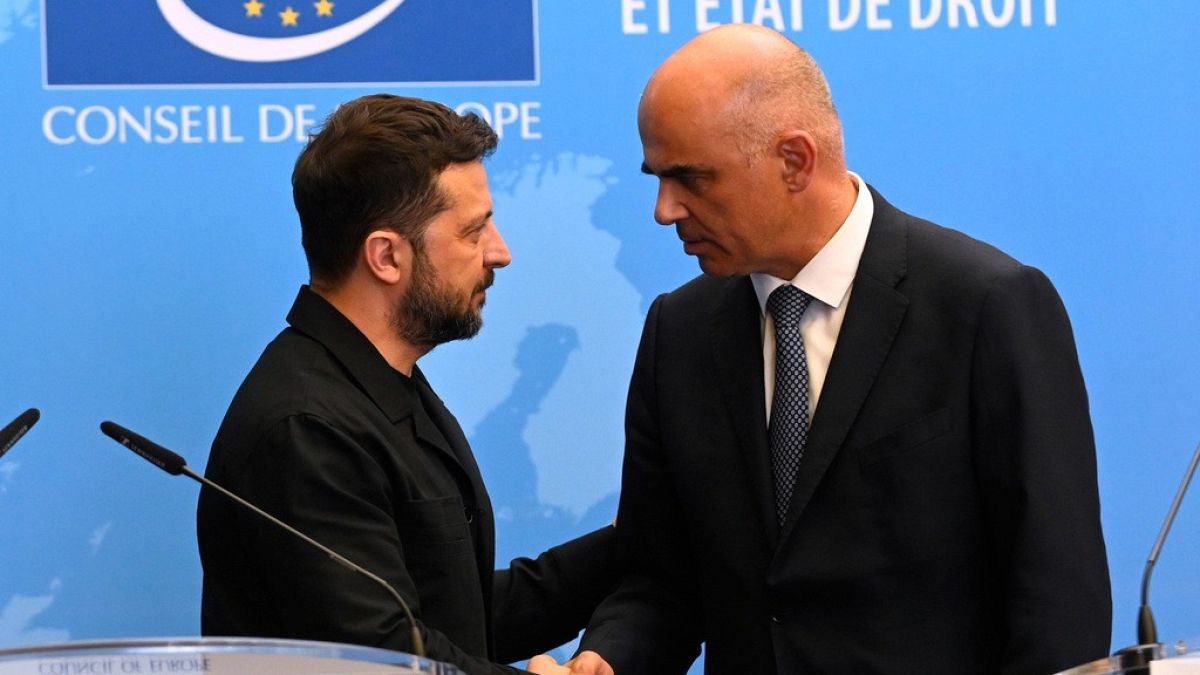

European leaders have gathered in Brussels for a significant summit, seeking to navigate the complex challenges facing the region and the world today. This meeting is set against a backdrop of pressing international issues and marks a moment of unity and cooperation among diverse nations striving for peace and stability on a global scale.
The summit’s agenda is comprehensive, with discussions spanning the ongoing conflict in Ukraine, the situation in the Middle East, broader defense strategies, and migration challenges. A special focus has been placed on fostering diplomatic dialogue and reinforcing existing alliances to tackle these intricate issues. The leaders are actively exploring ways to support Ukraine in its quest for justice, as demonstrated by a recent agreement signed by Ukrainian President Volodymyr Zelenskyy and the Council of Europe to establish a tribunal addressing the war in Ukraine. This tribunal aims to provide a platform for holding accountable those responsible for the conflict, offering a beacon of hope for justice and reconciliation.
Meanwhile, the summit is also set to delve into discussions on new sanctions against Russia, emphasizing strategic measures to address the continued hostilities and violations observed in the region. The European Union aims to balance strong diplomatic actions with efforts to maintain regional stability and promote international peace.
French President Emmanuel Macron’s recent meetings highlight the interconnectedness of current global issues. Upon returning from a NATO summit, President Macron engaged in dialogue with Rafael Grossi, the International Atomic Energy Agency’s (IAEA) Chief, emphasizing the urgency of reinstating cooperation with Iran. This meeting underscores the delicate balance required in diplomacy to ensure nuclear safety and global security.
Alongside these high-stakes discussions, European leaders are making strides toward improving economic cooperation and sustainability. Competitiveness and climate targets are at the forefront of the conversation, with German Chancellor Friedrich Merz expressing strong support for the European Commission’s proposals aimed at bolstering the continent’s economic position on the global stage. There is a collective push toward reaching a trade agreement with the United States, symbolizing a commitment to open markets and shared economic growth.
The European Council is poised to consider its enlargement policy, particularly toward the Western Balkans, highlighting the importance of inclusive growth and regional stability. By embracing a broader European identity, leaders aim to forge stronger bonds and more resilient economies, paving the way for a future where shared values and mutual endeavors foster peace and prosperity.
The summit also saw a lighter moment of camaraderie among leaders, with informal interactions like those between former U.S. President Donald Trump and Dutch Prime Minister Mark Rutte. Rutte’s social media engagement, referring to Trump’s diplomatic approach humorously as “daddy diplomacy,” serves as a gentle reminder of the human connections that underlie international politics and the soft power that accompanies these interactions.
As the summit progresses, European leaders remain steadfast in their commitment to tackling the multifaceted challenges before them. The blend of diplomatic discussions, proactive international policies, and moments of personal connection encapsulates the spirit of the summit—one of collaboration, hope, and a determined pursuit of a peaceful future.
Source: {link}
